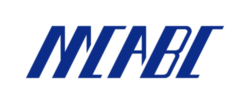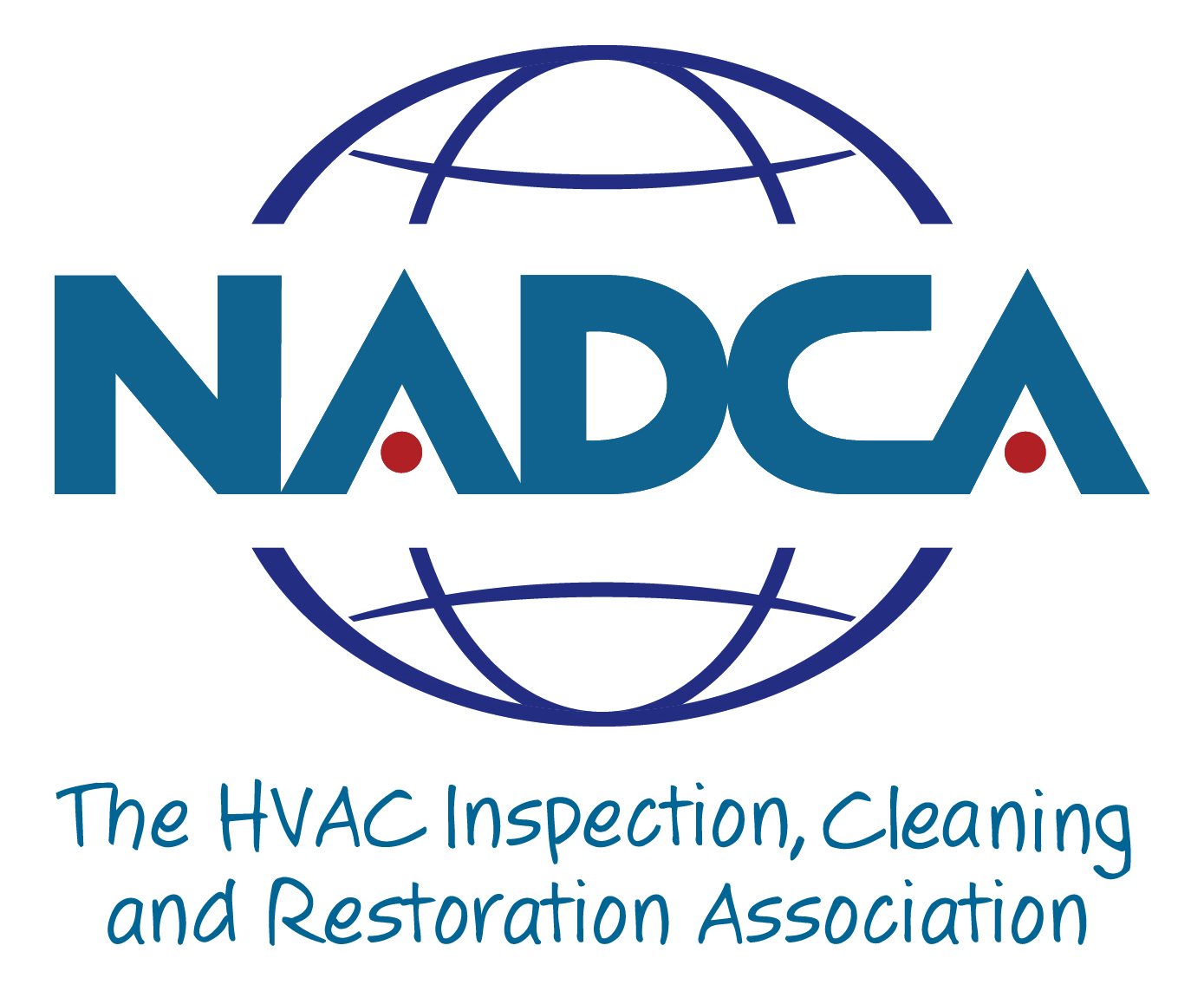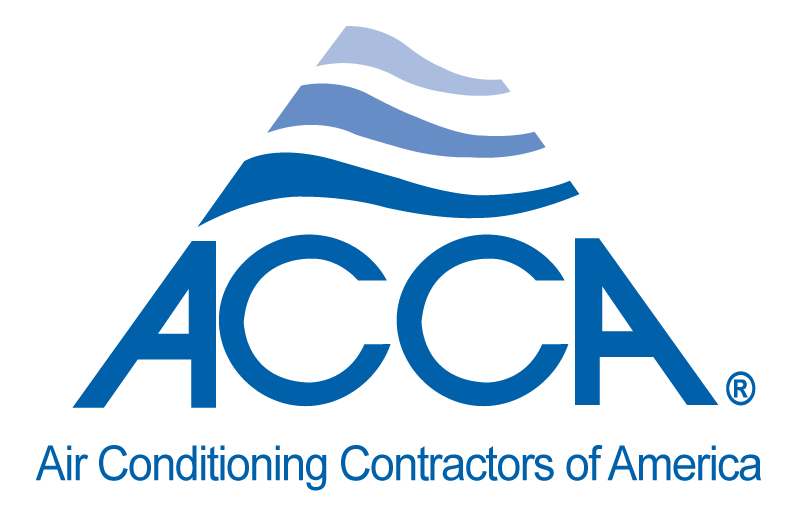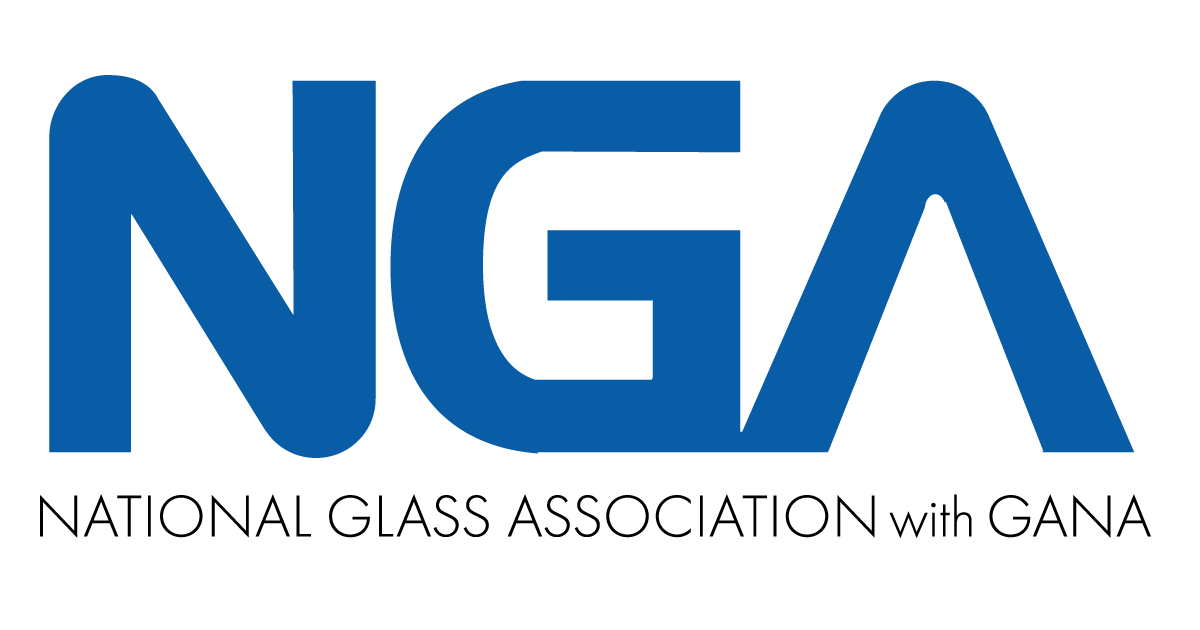Exploring Key Trends for HVAC Professionals in 2024
Welcome to an exploration of the pivotal trends shaping the HVAC industry in 2024. As technology evolves and environmental concerns become more pressing, HVAC professionals are adapting to meet new challenges and opportunities in the field.
This year, we’ll delve into the transformative impacts of smart HVAC systems, the growing importance of energy efficiency, the integration of renewable energy sources, advancements in indoor air quality solutions, the role of predictive maintenance, adoption of green HVAC practices, skill diversification needs, regulatory influences, remote diagnostics and service capabilities, and the significance of customer education and engagement.
Stay tuned for valuable insights into how these trends are reshaping the HVAC landscape and what they mean for professionals in the industry. Let’s navigate these changes together as we strive for excellence and sustainability in HVAC services.
1. Smart HVAC Systems
HVAC professionals in 2024 are embracing smart HVAC systems that leverage IoT (Internet of Things) technology to revolutionize heating and cooling management. One key feature of these systems is remote monitoring and control, which allows professionals to oversee HVAC units from a centralized platform. This capability enables quick diagnostics of issues, adjustment of settings for optimal efficiency, and rapid response to client needs without the need for physical presence. Additionally, smart HVAC systems incorporate predictive maintenance capabilities, utilizing data analytics to forecast maintenance needs based on usage patterns and system performance. This proactive approach allows HVAC professionals to schedule maintenance visits, replace components before they fail, and ultimately enhance system reliability, reducing downtime for clients.
2. Energy Efficiency
In response to rising energy costs and environmental concerns, HVAC professionals are prioritizing energy efficiency in 2024. Modern HVAC systems are equipped with advanced energy optimization features driven by sophisticated algorithms and sensors. HVAC professionals must understand and leverage these features to recommend and install systems that significantly reduce energy consumption while maintaining optimal comfort levels for clients. Beyond cost savings, energy-efficient HVAC systems also contribute to reducing greenhouse gas emissions, highlighting the importance of promoting and implementing sustainable energy practices within the industry.
3. Renewable Energy Integration
The integration of renewable energy sources such as solar panels and geothermal heat pumps into HVAC systems is gaining momentum in 2024. HVAC professionals are designing and installing hybrid systems that combine renewable technologies with conventional HVAC equipment. This requires expertise in both traditional and sustainable technologies to deliver effective and reliable solutions. By embracing renewable energy integration, HVAC professionals contribute to reducing dependence on fossil fuels and lowering the carbon footprint of heating and cooling systems, aligning with broader environmental sustainability goals.
4. Indoor Air Quality (IAQ) Solutions
The focus on indoor air quality (IAQ) solutions continues to grow among HVAC professionals in 2024. They are deploying advanced filtration systems designed to capture airborne particles, allergens, and pollutants, thereby improving IAQ and promoting healthier indoor environments for clients. Additionally, HVAC professionals are implementing ventilation enhancements such as energy recovery ventilators (ERVs) and demand-controlled ventilation systems to ensure adequate fresh air exchange without compromising energy efficiency. By prioritizing IAQ solutions, HVAC professionals contribute to enhancing overall comfort and well-being for building occupants.
5. Predictive Maintenance
Data-driven predictive maintenance is transforming HVAC servicing practices in 2024. HVAC professionals utilize data analytics to schedule maintenance tasks based on equipment performance data. This proactive approach minimizes unexpected breakdowns, extends equipment lifespan, and reduces overall maintenance costs for clients. Furthermore, IoT-enabled HVAC systems allow for remote diagnostics and troubleshooting. HVAC professionals can identify and resolve issues remotely, saving time and resources while improving customer satisfaction with faster service response.
These developments highlight how HVAC professionals are leveraging technology and sustainable practices to deliver efficient, reliable, and environmentally friendly heating and cooling solutions in 2024. Stay tuned for more insights into these trends and their impact on the HVAC industry.
6. Green HVAC Practices
In 2024, HVAC professionals are increasingly adopting green HVAC practices to promote environmental responsibility and sustainability. This includes the use of eco-friendly refrigerants and implementing sustainable maintenance practices. HVAC professionals prioritize the selection and use of environmentally friendly refrigerants that have lower global warming potential (GWP) and ozone depletion potential (ODP) compared to traditional refrigerants. Additionally, they advocate for green building principles in HVAC design and maintenance, emphasizing energy efficiency, indoor air quality, and reduced environmental impact throughout the lifecycle of HVAC systems.
7. Skill Diversification
The complexity of modern HVAC systems in 2024 necessitates skill diversification among HVAC professionals. Beyond traditional heating and cooling technologies, professionals are expanding their expertise to include knowledge of related technologies such as building automation systems (BAS) and integrated HVAC controls. This diversified skill set enables HVAC professionals to address evolving customer needs and deliver comprehensive solutions that integrate seamlessly with broader building management systems.
8. Regulatory Changes
HVAC professionals must navigate evolving regulations impacting refrigerants, energy efficiency standards, and environmental policies in 2024. Staying informed about regulatory developments and ensuring compliance is crucial for maintaining industry credibility and avoiding penalties. HVAC professionals proactively adjust their practices to align with regulatory requirements, adopting practices that prioritize environmental sustainability and promote compliance with industry standards.
9. Remote Diagnostics and Service
The prevalence of remote diagnostics and service capabilities is transforming HVAC maintenance practices in 2024. HVAC professionals leverage IoT-enabled systems to remotely diagnose and troubleshoot issues without physical inspection. This approach reduces downtime for clients, improves operational efficiency, and enhances customer satisfaction by enabling faster response times and more streamlined service delivery.
10. Customer Education and Engagement
In 2024, HVAC professionals recognize the importance of customer education and engagement in promoting informed decision-making and building trust. With customers becoming increasingly tech-savvy, HVAC professionals prioritize educating clients about the benefits of smart, energy-efficient, and sustainable HVAC solutions. By fostering meaningful engagement and providing transparent information, HVAC professionals empower clients to make informed choices that align with their comfort, efficiency, and sustainability goals.
These developments underscore the evolving landscape of the HVAC industry in 2024, where professionals are embracing technological advancements, regulatory changes, and customer-centric approaches to deliver exceptional and sustainable HVAC solutions. Stay tuned for more insights into these trends and their impact on the HVAC profession.
In conclusion, HVAC professionals must embrace these key trends to thrive in the dynamic landscape of 2024. By staying ahead of technological advancements, diversifying skill sets, and prioritizing customer needs, HVAC professionals can lead the industry towards a more sustainable and efficient future.
On Your Radar: Workforce Management Software for HVAC Companies
As HVAC professionals navigate these trends, workforce management software like Your Radar can be a game-changer. Chosen by leading HVAC companies, Your Radar streamlines scheduling, dispatching, and field service management, empowering teams to deliver exceptional service efficiently. Explore how Your Radar can optimize your HVAC operations in 2024 and beyond.







